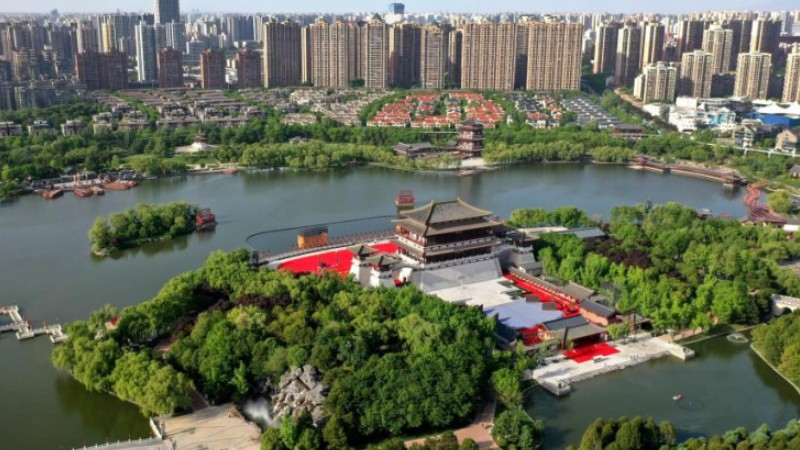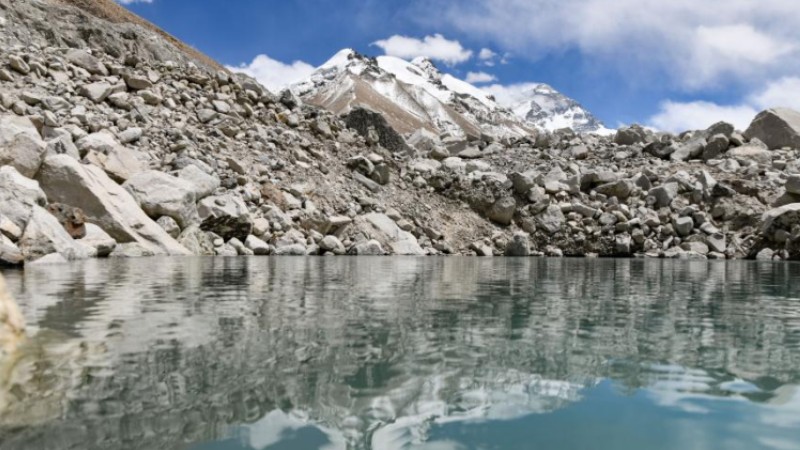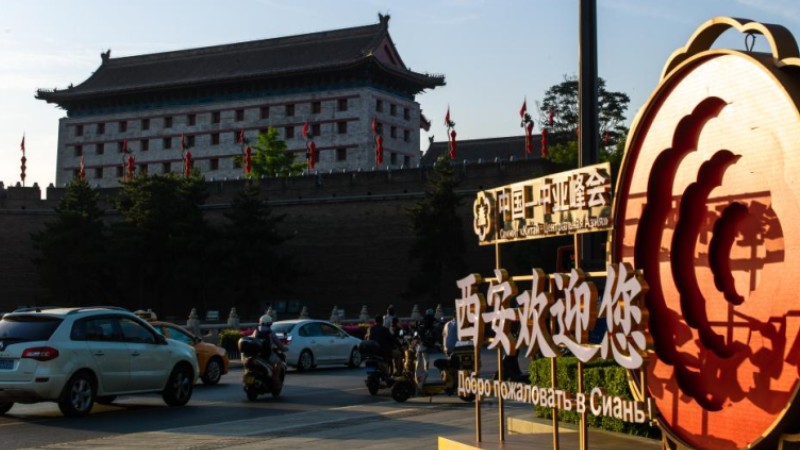Why U.S. Supreme Court blind to its own corruption: media
NEW YORK, May 19 (Xinhua) -- An opinion article published Thursday on The New York Times asked: why the U.S. Supreme Court is blind to its own corruption?
Over more than two decades, the Supreme Court has gutted laws aimed at fighting corruption and at limiting the ability of the powerful to enrich public officials in a position to advance their interests. As a result, today wealthy individuals and corporations may buy political access and influence with little fear of legal consequences, either for them or for the beneficiaries of their largess, said the article.
The article pointed out that the scandal surrounding Justice Clarence Thomas has further eroded the already record-low public confidence in the Supreme Court. He has been under fire for secretly accepting, from the Republican megadonor Harlan Crow, luxury vacations worth hundreds of thousands of dollars, a real estate deal (involving the home where his mother was living) and the payment of private school tuition for a grandnephew the justice was raising.
The government's legitimate interest in fighting corruption, the court held, is limited to direct quid pro quo deals, in which a public official makes a specific commitment to act in exchange for something of value. The appearance of potentially improper influence or access is not enough, said the article.
Viewed in light of the history, the Thomas scandal becomes less surprising. Its own rulings would indicate that the Supreme Court doesn't believe what he did is corrupt, according to the article.
The article noted that the public clearly is, and should be, concerned over the ability of the rich and powerful to purchase access and influence unavailable to most citizens.
The article quoted Justice John Paul Stevens as saying that "A democracy cannot function effectively when its constituent members believe laws are being bought and sold."
That's exactly how it now appears to the public - and that applies to Supreme Court justices as well as to politicians, the article concluded.
Photos
Related Stories
- Five creators sue U.S. Montana's attorney general over TikTok ban
- Every U.S. president since Reagan has mishandled classified documents: report
- Russia bans 500 Americans from entry
- U.S. sanctions erode women's rights, says Venezuelan official at UN committee
- U.S. Senate holds 3 days of hearings following bank crash
- Roundup: Criticism of U.S. Montana's new anti-climate change law growing daily
Copyright © 2023 People's Daily Online. All Rights Reserved.









